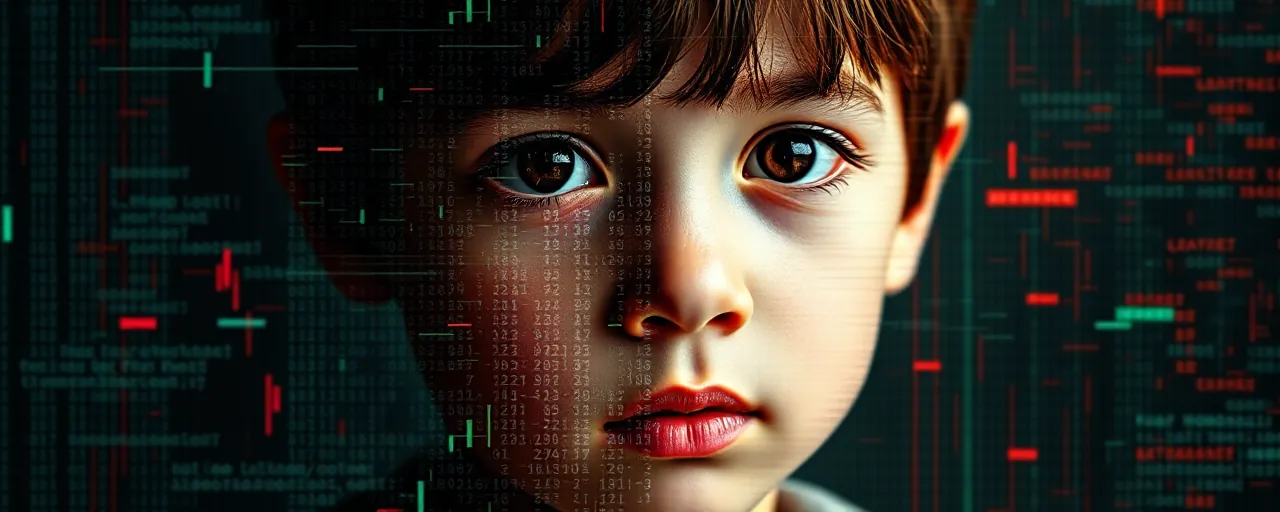A Predator Unmasked, A System Tested
Last week, in the quiet town of Richland, Washington, a federal grand jury dropped a bombshell. Jonathan Michael Atkinson, a 34-year-old man, now faces 11 chilling counts, from sex trafficking children to producing child pornography. Arrested on April 8, he’s a stark reminder of the monsters lurking in our communities, preying on the vulnerable. The charges, announced by U.S. Immigration and Customs Enforcement’s Homeland Security Investigations, carry the weight of a potential life sentence. It’s a victory worth celebrating, yet it exposes a gaping wound in our society that festers unchecked.
This isn’t just about one man’s depravity. Atkinson’s case unveils a brutal truth: our children are under siege, and the battlefield is digital. The Southeast Regional Internet Crimes Against Children Task Force, a coalition of local and federal law enforcement, swooped in to stop him. Their work is commendable, no question. But peel back the layers, and you’ll see a system straining to keep up with an epidemic of exploitation that’s exploding online, leaving kids exposed to horrors no one should endure.
For every Atkinson caught, countless others slip through the cracks. The question gnaws at us: why does it take a grand jury indictment to spark outrage? We’ve got the tools, the task forces, the laws. Yet here we are, still scrambling to protect the most defenseless among us. It’s not enough to cheer the arrest; we need to demand a reckoning.
The Digital Abyss Swallowing Our Children
The numbers hit like a gut punch. In 2023, the National Center for Missing & Exploited Children logged over 36 million reports of online child sexual abuse material, a staggering 360% jump from a decade ago. Social media platforms, once heralded as connectors, have morphed into hunting grounds. Predators like Atkinson exploit these spaces to groom, coerce, and extort kids, turning innocence into currency. Generative AI only deepens the nightmare, churning out graphic content that fuels this sick trade.
Task forces are fighting back, and they’re making a dent. Take Southwest Florida’s INTERCEPT Task Force: in its first year, it launched over 1,000 investigations, nabbed 63 arrests, and identified 90 victims. That’s real impact, born from collaboration across agencies and nonprofits. But the scale of the problem dwarfs these wins. Online exploitation has spiked 87% globally in five years, and tech companies often dodge accountability, offering vague reports that hamstring law enforcement. It’s a betrayal of trust, plain and simple.
Some argue we’re overreacting, that policing the internet risks stifling freedom. They’re wrong. This isn’t about censorship; it’s about survival. Kids aren’t collateral damage in a tech utopia. When platforms prioritize profits over safety, they’re complicit. The evidence screams for action, not excuses.
Legislation like the STOP CSAM Act offers hope, pushing for faster content removal and accountability for tech giants. It’s a step toward forcing platforms to prioritize child safety over bottom lines. History backs this up: laws like the Child Protection Act of 1984 adapted to new threats, and we must do the same now. Waiting for predators to strike before acting isn’t a strategy; it’s surrender.
Public awareness campaigns, like the Department of Homeland Security’s Know2Protect, are waking people up. Reaching kids, parents, and teachers, they’ve sparked a surge in reporting, proving education saves lives. Look at It’s a Penalty during the Qatar World Cup: 93% of viewers learned to spot exploitation. That’s power. But awareness alone won’t dismantle the networks thriving in the shadows.
A Call to Arms for the Vulnerable
Atkinson’s indictment is a rallying cry. We can’t settle for sporadic wins while traffickers innovate with AI and encrypted apps, outpacing overstretched task forces. George Mason University researchers are already mapping these networks with machine learning, exposing their tactics. It’s time to scale that ingenuity, fund it, and wield it against the exploiters. Half-measures won’t cut it.
The path forward demands boldness. Bolster task forces with resources, not just applause. Pass laws that drag tech companies into the fight, not the sidelines. Amplify campaigns that teach kids to recognize danger and adults to report it. Atkinson’s victims deserve justice, but every child deserves a future free from this scourge. We’ve got the will; now let’s find the way.
